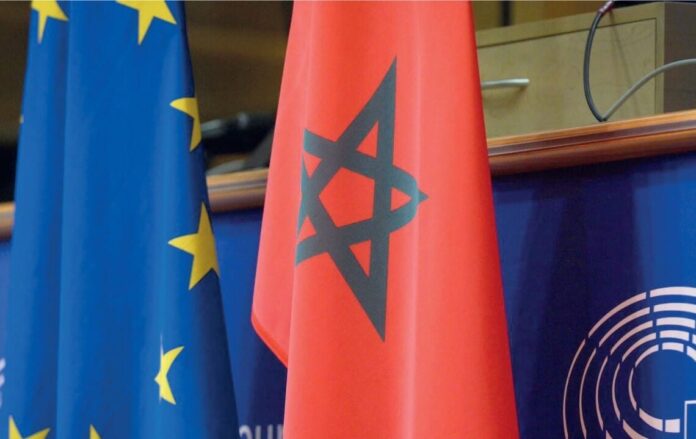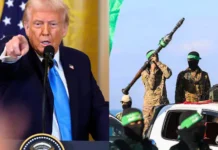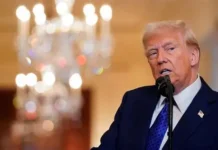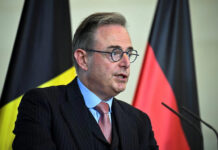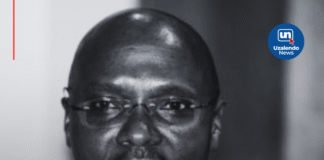Written by Lisa Murimi
Morocco and the European Union (EU) have reached a new trade arrangement that extends preferential tariffs to agricultural products originating from Western Sahara, a move likely to spark both diplomatic interest and controversy in the region.
The agreement, announced Thursday by Moroccan Foreign Minister Nasser Bourita, introduces origin labeling as an amendment to the existing agricultural deal.
Under the new framework, produce from Western Sahara will be marketed under Morocco’s administrative labels “Laayoune-Sakia El Hamra” and “Dakhla-Oued Eddahab.”
The deal follows a 2024 ruling by the European Court of Justice that deemed the earlier trade agreement invalid on grounds that it unlawfully included Western Sahara products without clarifying their origin.
The EU’s recalibrated stance seeks to address legal concerns while maintaining strong economic and political ties with Rabat.
Diplomatically, the move is significant. Western Sahara has long been the center of a protracted territorial dispute. Morocco considers the territory part of its sovereign domain, while the Algerian-backed Polisario Front campaigns for full independence.
By including Western Sahara products under the deal, Brussels effectively walks a tightrope between legal obligations, trade interests, and geopolitical sensitivities.
Analysts suggest the EU’s decision signals a pragmatic approach.
The Polisario Front, however, is expected to challenge the agreement, viewing it as a violation of international law and a denial of the Sahrawi people’s right to self-determination.
Previous rulings by the Court of Justice of the European Union (CJEU) have underlined that Western Sahara’s distinct status requires the explicit consent of its people for such deals.
For Morocco, the agreement consolidates its international economic legitimacy. By securing EU recognition of Western Sahara exports within its trade framework, Rabat strengthens its claim to the territory.
The development also comes as Morocco intensifies outreach to African, Gulf, and European partners, presenting itself as a stable economic and security hub in North Africa.
The deal will be formally signed in Brussels in the coming weeks, marking another chapter in the complex interplay of diplomacy, trade, and sovereignty that continues to define the Western Sahara issue.



